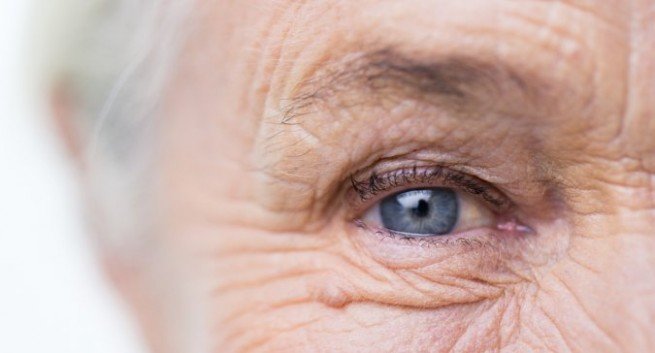As we age, our bodies go through numerous changes, and our eyes are no exception. Knowing how to care for aging eyes is essential in maintaining our vision and overall quality of life.
This article explores various common eye conditions associated with aging and their treatment options, helping seniors and their caregivers understand what to expect and how to manage these changes effectively. Keep on reading.
Common Conditions Affecting Aging Eyes
Several eye conditions become more prevalent as we age. These conditions can significantly impact vision health and require attention. Here are some of the most common issues:
Cataracts
Cataracts make the lens of the eye cloudy. This causes vision to become blurry. Surgery is often needed to fix it.
Macular Degeneration
Macular degeneration damages the center of the retina. It makes it hard to see fine details. This is a common cause of vision loss in older adults.
Glaucoma
Glaucoma happens when eye pressure is too high. It can hurt the optic nerve. If not treated, it can lead to vision loss.
Diabetic Retinopathy
Diabetes can damage the blood vessels in the eyes. This is called diabetic retinopathy. It can cause blindness if it is not treated.
Dry Eye Syndrome
When the eyes do not produce enough tears, dry eye occurs. This may cause discomfort to the eyes. It can also make vision blurry, especially in seniors.
Symptoms to Watch For
Seniors should be aware of specific symptoms that may indicate a problem with their eye health. Regular eye exams are crucial, and here are some signs that should prompt a visit to an eye care professional:
- Blurred or double vision
- Frequent changes in prescription glasses
- Difficulty seeing in low-light conditions
- Seeing halos around lights
- Loss of peripheral vision
Treatment Options for Aging Eyes
Taking care of eye problems as we age is important to keep vision clear. Cataracts can usually be treated with a simple surgery that replaces the cloudy lens with a clear one. Macular degeneration may be treated with injections, laser therapy, or changes in diet to slow down vision loss. Experts in cataract reversal for seniors can ensure the best results.
Glaucoma is often treated with prescription eye drops to lower pressure in the eyes. In advanced cases, surgery may be needed. Diabetic retinopathy can be managed by controlling blood sugar, along with laser treatment or injections to protect the eyes.
Dry eyes can be helped with artificial tears, lifestyle changes, and sometimes prescription medicine. Certain procedures can also help keep eyes moist. Managing dry eyes improves comfort and vision for seniors.
Preventive Measures for Healthy Eyes
Some eye problems cannot be avoided, but simple steps can help seniors keep their eyes healthy. Eating foods with vitamins A, C, and E, and omega-3s is good for vision. Wearing sunglasses that block UV rays and quitting smoking also protects the eyes.
It is important to see an eye doctor regularly. Controlling diabetes and high blood pressure helps keep eyes safe. These small actions can help seniors see better and stay healthy.
Empowering Seniors Through Education
Understanding the changes in aging eyes and the available treatments allows seniors to take proactive steps in maintaining their vision. Regular communication with healthcare providers and adjustments to lifestyle can enhance overall eye health. By being educated about potential issues and treatments, seniors can take control of their visual health.
Don’t let aging eyes diminish your quality of life. Schedule your comprehensive eye exam today to ensure you stay on top of your eye health and maintain clear sight!
For more related topics, check out the rest of our blog!
